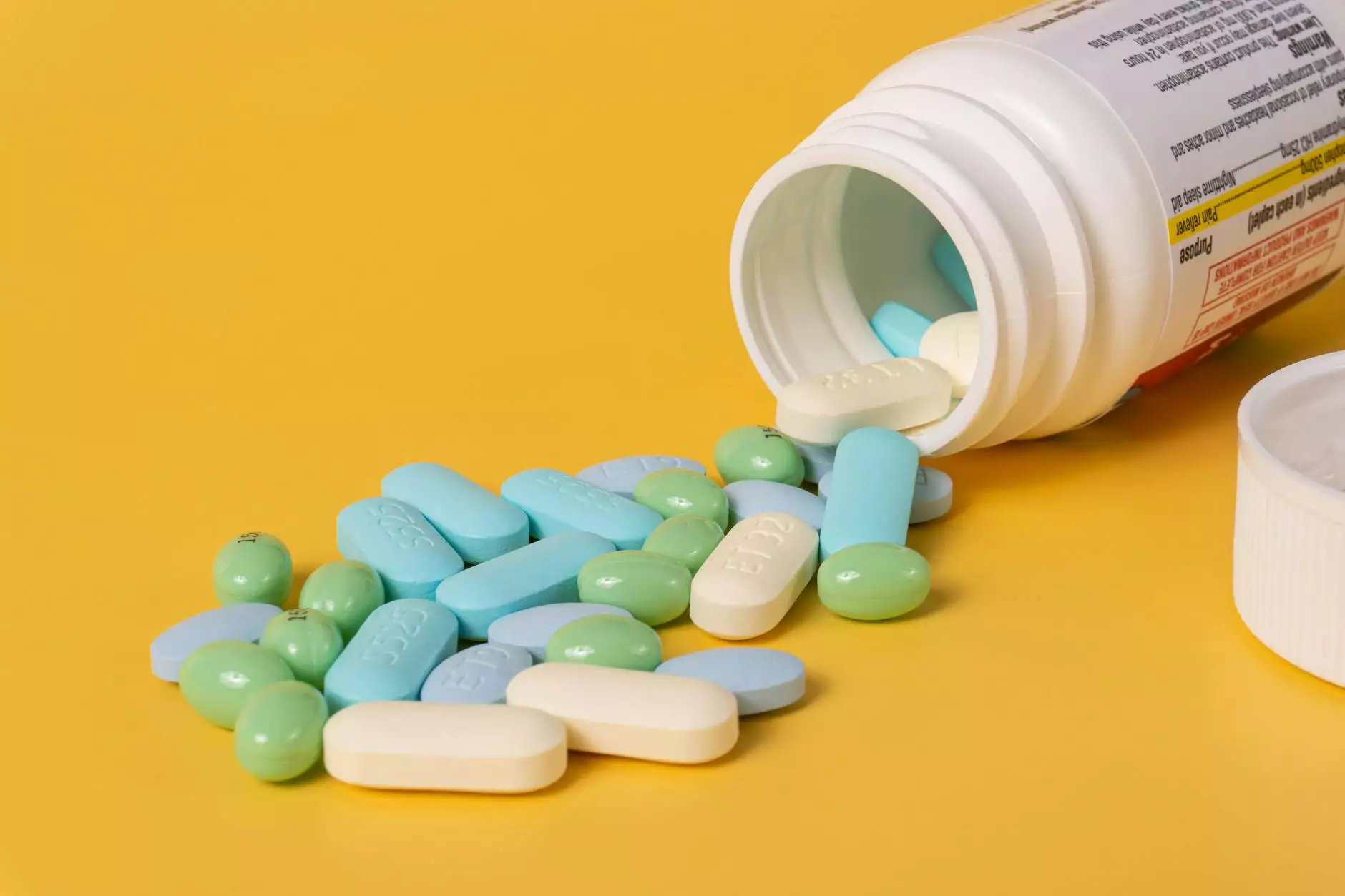The Essential Role of Horse Supplements in Equine Health

Every equestrian knows that horse supplement choices can significantly affect the health, performance, and overall well-being of their equine companions. As a horse owner, you want to ensure that your horse receives comprehensive nutrition that supports their unique needs. This article will delve deep into why horse supplements are crucial, the different types available, and how to choose the right ones for your horse.
Understanding the Nutritional Needs of Horses
Horses require a balanced diet to thrive, which typically consists of hay, grains, and pasture. However, the essential nutrients they need can vary based on factors such as:
- Age
- Activity level
- Health status
- Breeding status
- Metabolism
Even with a balanced diet, it may be challenging to provide every nutrient in adequate amounts through food alone. This is where horse supplements become essential in filling nutritional gaps.
Types of Horse Supplements
There are various types of horse supplements, each designed to target specific needs. Here’s an overview of the most common categories:
1. Vitamins and Minerals
Vitamins and minerals are foundational supplements necessary for your horse's health. These can include:
- Calcium and Phosphorus: Vital for strong bones and teeth.
- Vitamin E and Selenium: Important for muscle health and immune function.
- Vitamin A: Essential for vision and reproduction.
- Vitamin D: Important for calcium absorption.
2. Joint Health Supplements
Equine athletes often require additional support for their joints. Some popular ingredients found in these supplements include:
- Glucosamine: Aids in cartilage repair.
- Chondroitin Sulfate: Helps to maintain joint function.
- MSM (Methylsulfonylmethane): Reduces inflammation and pain in the joints.
3. Digestive Aids
A horse's digestive health is vital for overall well-being. Digestive supplements may include:
- Probiotics: Support gut health and digestion.
- Prebiotics: Enhance beneficial bacteria in the gut.
- Fiber supplements: Promote healthy digestion and gut motility.
4. Performance Enhancers
For competitive horses, performance supplements can provide an edge. Common ingredients include:
- L-Carnitine: Supports energy production.
- Electrolytes: Replenish lost minerals during intense exercise.
- Omega-3 fatty acids: Reduce inflammation and promote recovery.
Why Your Horse May Need Supplements
Understanding why your horse may need supplements is crucial for every horse owner. The following are reasons to consider:
1. Nutritional Gaps in Diet
Even the best-fed horses can suffer from nutritional deficiencies due to poor forage quality or imbalanced commercial feeds. Horse supplements can help correct these discrepancies.
2. Increased Demand for Nutrients
Horses engaged in high levels of training or competition often require additional nutrients to maintain optimal health and performance. Supplements can provide that extra nutritional boost.
3. Recovery from Injury or Illness
A horse recovering from an injury or illness may need specific supplements to support healing and recovery. Always consult with a veterinarian for recommendations tailored to your horse's condition.
4. Aging Horses
Older horses can encounter changes in digestion, metabolism, and nutrient absorption. Specially designed supplements can help address these age-related challenges.
Choosing the Right Horse Supplement
Selecting the appropriate horse supplement for your animal involves careful consideration. Here are some tips to help you make the best choice:
1. Consult Your Veterinarian
Before introducing new supplements, always consult a veterinarian. They can evaluate your horse's diet and health needs, ensuring you select the right products.
2. Research Quality Brands
Not all supplements are created equal. Look for brands that adhere to high manufacturing standards and have a good reputation in the equine community. Read reviews and testimonials to gauge effectiveness.
3. Read the Label
Always check the labels for active ingredients, guaranteed analysis, and other detailed information. Transparency is key in ensuring that your horse is getting the best.
4. Monitor Your Horse's Response
Once you introduce a new supplement, observe your horse closely. Look for improvements in their coat condition, energy levels, and performance. If you don't see any positive changes, reconsider the supplement or consult your vet.
Potential Risks of Over-Supplementation
While it’s tempting to provide your horse with every possible supplement, it's crucial to understand that more isn’t always better. Over-supplementation can lead to:
- Potential Toxicities: Certain vitamins and minerals can build up to toxic levels.
- Digestive Upsets: Too many supplements can disrupt normal gut flora.
- Weight Gain: Excess nutrients can lead to unwanted weight gain in less active horses.
Conclusion: Elevating Your Horse's Health Through Supplements
Finding the right horse supplement can greatly enhance your horse's health and performance. With careful consideration, diligence in choosing quality products, and ongoing monitoring, you can ensure that your equine partner receives the best possible nutrition. Always remember that supplements are just that—a supplement to a well-balanced diet. Investing time and effort into understanding your horse’s specific needs will pay off in their health and happiness.
Visit Us for More Information
For more insights on horse supplements and other vet medication needs, visit our website. We provide resources, tips, and high-quality products to support your horse's health journey.









